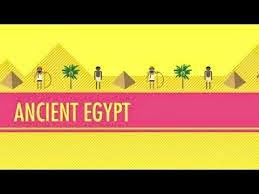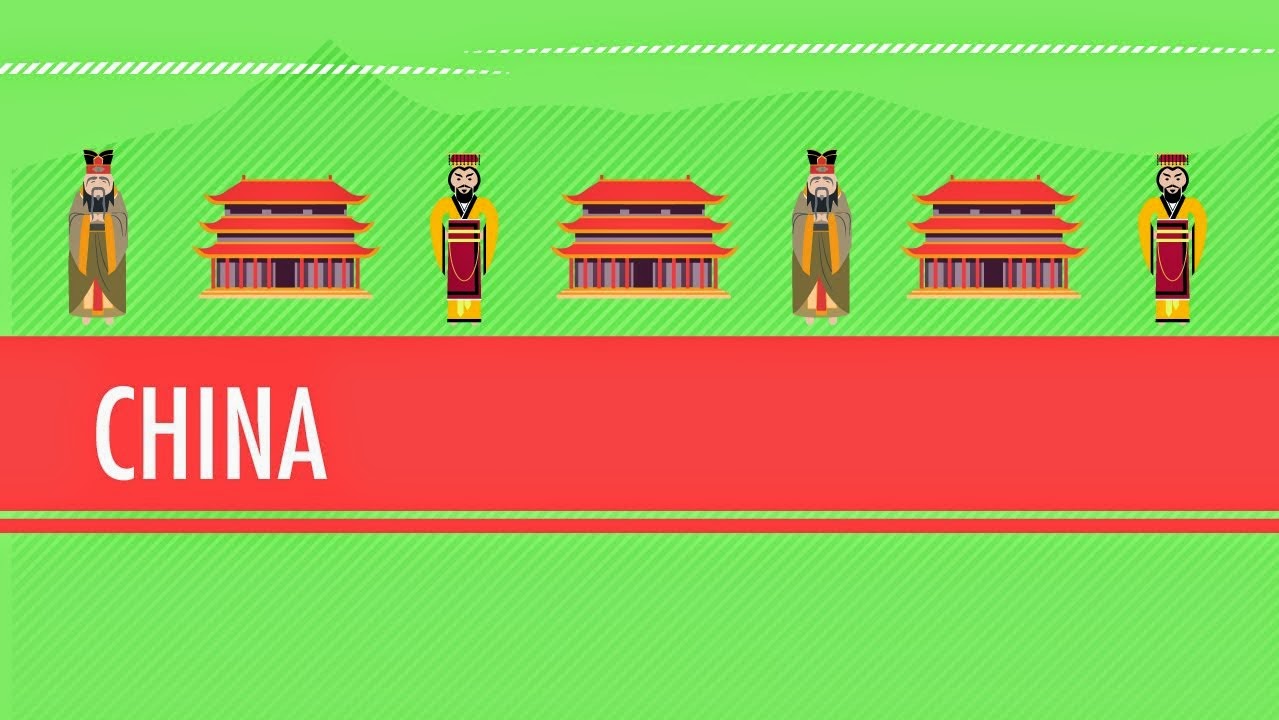Happy Happy Anniversary Wife!!!
It was last Wednesday...don't worry I didn't forget!
3 Years!
Part 2- The Classical era in World History
500 B.C.E.-500 C.E.
Chapter 4- Eurasian Empires
Week at a Glance:
Monday- Big Picture...Changes and continuities & Chapter 4 Reading Quiz
Tuesday- Greece and Persia
Wednesday- Primary Source Exploration (SOPASTone)
Thursday- Imperial Rome & Han China
Friday- Rome & China cont...Mauryan Gupta India
Learning Targets:
- Consider the nature of imperial systems in the classical era
- Explore why empires developed in some regions but not others
- Explain the important similarities and differences between imperial systems and the reasons behind them
Essential Questions:
- What common features can you identify in the empires described in this chapter?
- In what ways did these empires differ from one another? What accounts for those differences?
- How did Persian and Greek civilizations differ in their political organization and values?
- Why did semi-democratic governments emerge in some of the Greek city-states?
- What were the consequences for both sides of the encounter between the Persians and the Greeks?
- What changes did Alexanders conquests bring in their wake?
- How did Rome grow from a single city to the center of a huge empire?
- How and why did the making of the Chinese empire differ from that of the Roman Empire?
- In comparing the Roman and Chinese Empires, which do you find more striking- their similarities or differences?
- How did the collapse of empire play out differently in the Roman world and in China?
- Why were centralized empires so much less prominent in India than in China?
Monday, Tuesday and Wednesday, September 15th-17th, 2014
Quote of the Day: "What you leave behind is not what is engraved in stone monuments, but what is woven into the lives of others." -Pericles
Agenda:
- Do now questions: What are some changes and continuities going from period 1 to period 2?
- Chapter 4 Reading Quiz
- Notes Chapter 4 "Comparing Empires"
- Comparing Athens and Sparta
- Primary Source Investigation- Pericles "Funeral Oration"
- SOAPSTone
- Utilize citation from document to support one of the characteristics of Classical Empires
- Complete SOAPSTone for remaining documents
Thursday, September 18th, 2014
Quote of the Day:
"Veni, vidi, vici." - "I came, I saw, I conquered". It seems a bit like bragging, spoken by Gaius Julius Caesar
"Nos morituri te salutant!" - "We, who are about to die, salute you". Used by gladiators about to enter battle when speaking to the Roman emperor.
"Veni, vidi, vici." - "I came, I saw, I conquered". It seems a bit like bragging, spoken by Gaius Julius Caesar
"Nos morituri te salutant!" - "We, who are about to die, salute you". Used by gladiators about to enter battle when speaking to the Roman emperor.
Agenda:
1. Do Now Question: How did Rome grow from a single city to the center of a huge empire?
3. Group activity-
Making of the empire/Similarities/Differences/Collapse
-Vocabulary use...
- Caesar Augustus
- Han Dynasty
- Mandate of Heaven
- patricians
- pax romana
- plebeians
- Punic Wars
- Qin Dynasty
- Qin Shihuangdi
- Wudi
- Xiongnu
- Yellow Turban Rebellion
Friday, September 19th, 2013
Quote of the Day:
"Look back over the past, with its changing empires that rose and fell, and you can foresee the future, too."
Marcus Aurelius
Agenda:
1. Do NOW question...reform your group, BUT before continuing work, write up a characteristic for Mauryan empire and Gupta empire and explain why empires were so much less prominent in India.
2.Complete Empire rise/fall/comparison of Rome & China
2.Complete Empire rise/fall/comparison of Rome & China
4. Analyze commonalities of Classical Era civilizations. (GPERSIA)















